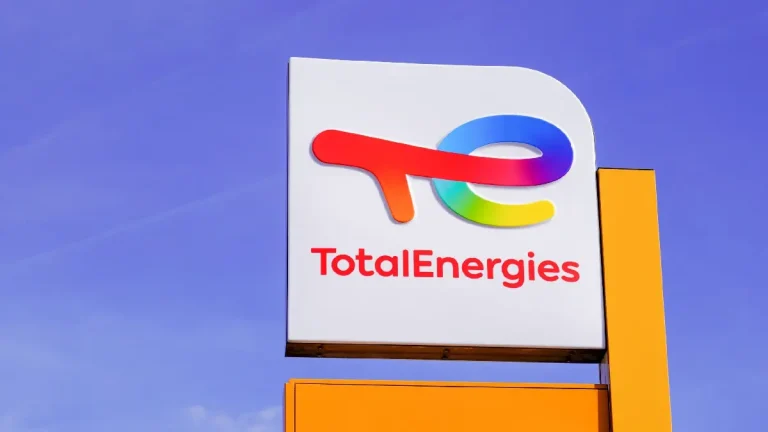

IOCs MOVED $21BN INVESTMENTS TO OTHER COUNTRIES – FG
Most international oil companies that operate in Nigeria’s upstream sector redirected their capital investments worth about $21bn to other countries between 2014 and 2022, the Federal Government announced recently.
It attributed this to regulatory uncertainty in Nigeria’s oil and gas sector prior to the enactment of the Petroleum Industry Act 2021, and the de-funding of fossil fuel development occasioned by the energy transition and COVID-19.
The government disclosed this in Abuja through the Nigerian Upstream Petroleum Regulatory Commission at the just concluded Nigeria International Energy Summit.
Speaking at the summit, the Chief Executive, NUPRC, Gbenga Komolafe, said the country’s yearly capital expenditure in the upstream arm of the oil sector decreased by over 70 per cent within a period of eight years.
“Unfortunately, in the years preceding the enactment of the Petroleum Industry Act (2021), investments in the Nigerian oil and gas industry declined due to regulatory uncertainty in addition to de-funding of fossil fuel development occasioned by energy transition and COVID-19.
“Most of the IOCs deprioritised Nigeria in their portfolios leading to the redirection of CAPEX (capital expenditure) to other countries and the attendant dwindling investment in Nigeria’s upstream sector.
“For instance, Nigeria’s total annual upstream capital expenditure decreased by 74 per cent from $27bn in the year 2014 to less than $6bn in 2022. Moreso, increasing competition from regional peers has led to a decrease in the proportion of the overall upstream investment attracted by Nigeria,” he stated.
Komolafe further pointed out that this under-investment was also reflected in the country’s oil rig count.
“On average, Nigeria had 17 active oil rigs in 2019, representing one of the highest counts on the African continent as of then. Nigeria’s average rig count declined to 11 in 2020, seven in 2021, and 10 in 2022, but recently grew to 24 in April 2023, a positive signal of new investments trickling into the country.
“This is also a reflection of investors’ acceptance of the effective implementation of the PIA by the regulator. In contrast, other OPEC member countries such as Iran, Iraq, Algeria, Libya, Angola had 117, 62, 31, 12 and nine active rigs respectively as of February 2023, as against Nigeria’s rig count which stood at 13,” the NUPRC helmsman stated.
Meanwhile, Komolafe made an official declaration of the 2023 oil sector reserve position, stressing that the NUPRC had continued to drive the upstream industry performance to grow reserves through deliberate oil and gas exploration, deep drilling, prospects maturation, appraisal, field studies, and improved oil recovery.
“Our efforts are beginning to manifest in our gas reserves position, and we expect similar manifestation in oil reserves in the very short term. It is, therefore, my pleasure to declare the National Hydrocarbon Reserves Position as of January 1, 2023 at this important forum as follows: “Nigeria’s oil and condensate reserves as of January 1, 2023, stands at 31.060 billion barrels for oil and 5.906 billion barrels for condensate, making a total of 36.966 billion barrels for oil and condensate, while the associated gas reserves are 102.32 trillion cubic feet, non-associated gas reserves is 106.51 trillion cubic feet, making the total of 208.83 trillion cubic feet of natural gas reserves.





